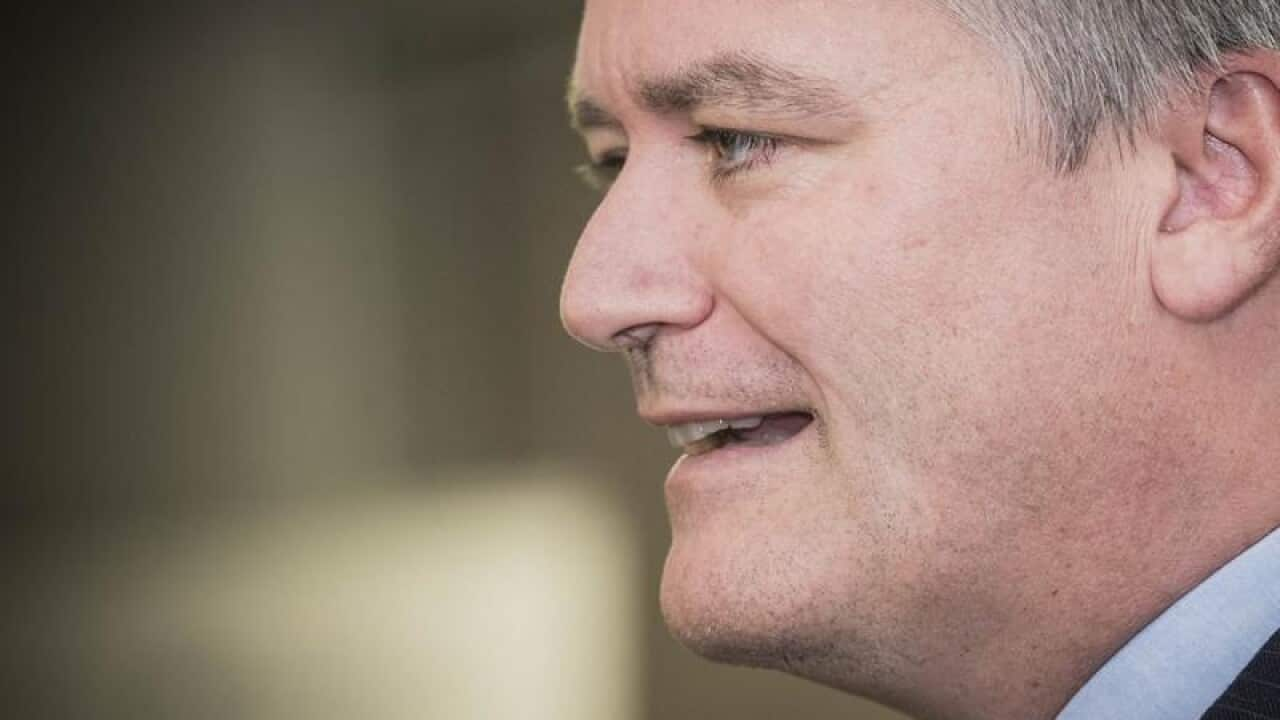Delivering personal income tax cuts in Tuesday's budget is timely given the slow pace of wages growth and may even change the Turnbull government's fortunes.
While the government remains tight-lipped as to what form the cuts will take, they will be aimed at low and middle-income earners initially.
"It's good for them and it's good for the economy," Finance Minister Mathias Cormann told Sky News on Sunday.
"It's what makes sense and what is affordable."
There will be a phased-in approach for high-income earners.
Of course, given the progressive nature of the personal income tax system, any changes to tax rates or tax brackets at the low end of the scale now would also benefit high-income earners.
Like everyone, for those even on a salary of say over $200,000, they pay no tax on their earnings below $18,200, then 19 cents in the dollar up to $37,000 and then 32.5 per cent up to $87,000. Only then do they pay 37 cents in the dollar up to $180,000 and then 45 cents above that.
Whatever, the tax cut means in dollar terms, it comes at a time when wage growth remains close to a near-two-decade low at 2.1 per cent and only just above the rate of inflation.
The latest figures for wage growth will be released on May 16.
The Reserve Bank in its quarterly monetary policy statement on Friday still expects wages growth to pick up only gradually, despite the record jobs growth over 2017.
New Department of Jobs and Small Business data show enterprise bargaining agreements concluded in the final three months of 2017 offered some hope for the outlook.
The average annualised wage increase for new agreements approved in the December quarter was 2.5 per cent, up from 2.2 per cent in the September quarter.
Macquarie Bank economist Justin Fabo said agreement outcomes appear to have troughed after the sharp deterioration in the September quarter.
"However, wage outcomes in new EBAs remain below those in existing agreements which will weigh on overall wages growth going forward," he said.
The annual rate for existing agreements as of December was 2.8 per cent.
In the government's mid-year budget review released in December, Treasury forecast wage growth of 2.75 per cent for the 2018/19, then 3.25 per cent and 3.5 per cent in the two subsequent financial years, a pace that was seen as optimistic by some economists.
While the central bank remains cautious on the outlook for both wage growth and the jobless rate, it is confident about the economic overlook overall after the disappointing 2.4 per cent growth result in the 2017 calendar year.
It expects growth of 3.25 per cent in both the 2018/19 and 2019/20 financial years, stronger than the three per cent forecasts for both years made by Treasury in December.

